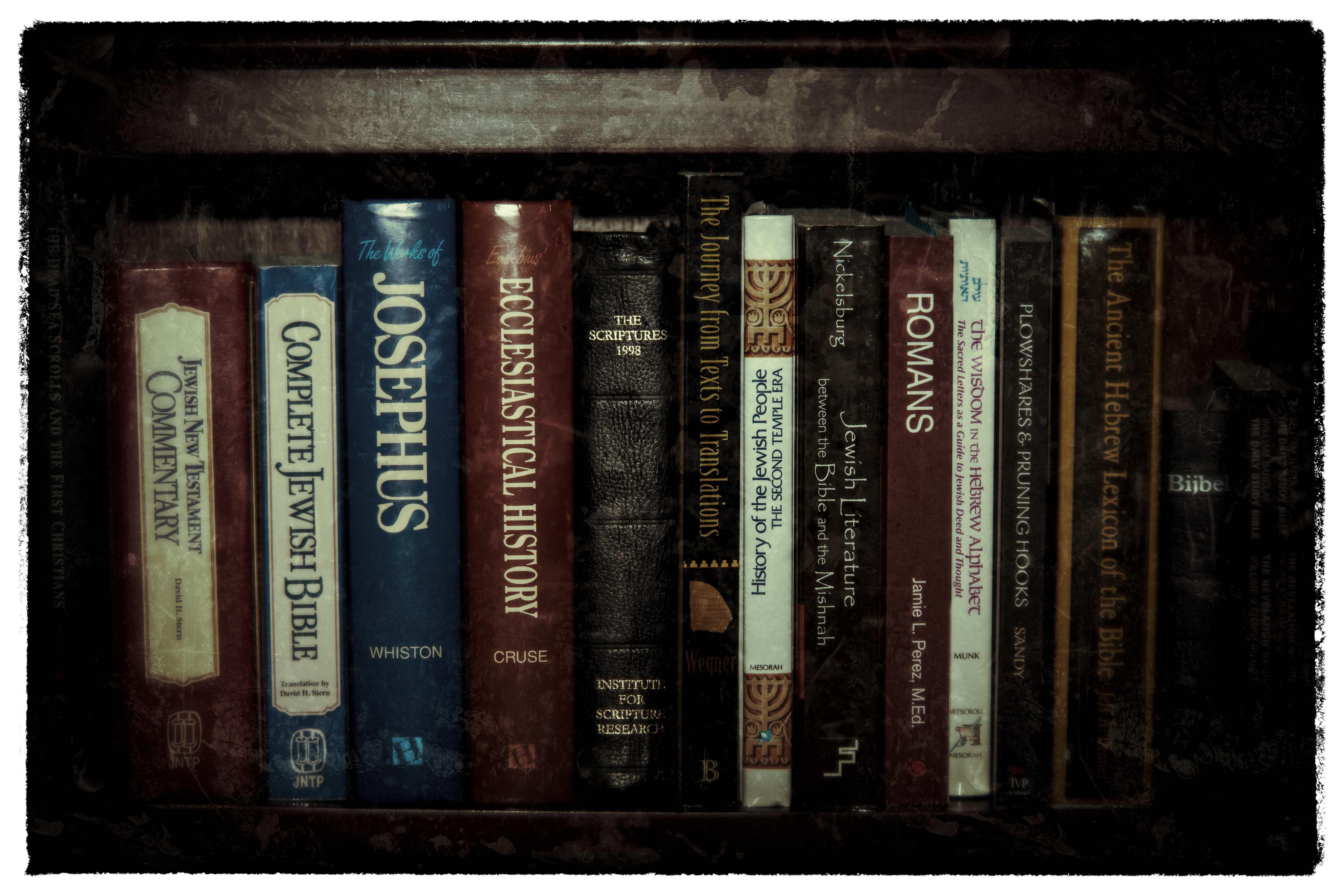-

Why we are to do our own Bible study
In this article, we want to look into why it is necessary for us to do our own Bible study and why we should apply self-discipline and establish a habit of daily Bible study. We can learn from others, but we find several reasons why we are to study for ourselves. We will explore it…
-

Using habits to set yourself apart
In order for us to lead a set apart life, we need to do the actions that will produce good fruit. Most of us know what these are, yet we struggle to make it happen. Can we use the modern study of habits to bring us closer to these acts of righteousness? We have heard…
-

Who are the Samaritans?
Recently I saw the importance of context again when I was doing some Bible study. I wanted to get a good understanding of the changes that had happened in the world between the books of Malachi and Matthew. The purpose of this study was not to be a history lesson, but purely to understand how…
-

Bible Study – Part 3 – What does this phrase mean?
In our continuing investigation into sound Bible study, we now get to the level of interpretation of phrases and/or verses of the Bible. We investigate what is needed to be able to move from the original context to our current context in a sound way. At the same time we need to understand some of…
-

Introduction to Bible Study – Know what you read
This is the first part of our investigation into Bible study. We will start this journey by getting to understand exactly what it is we are reading when we read the Bible. I often hear the phrase “but what does the original text say?” I am not always convinced that the people asking this question…

